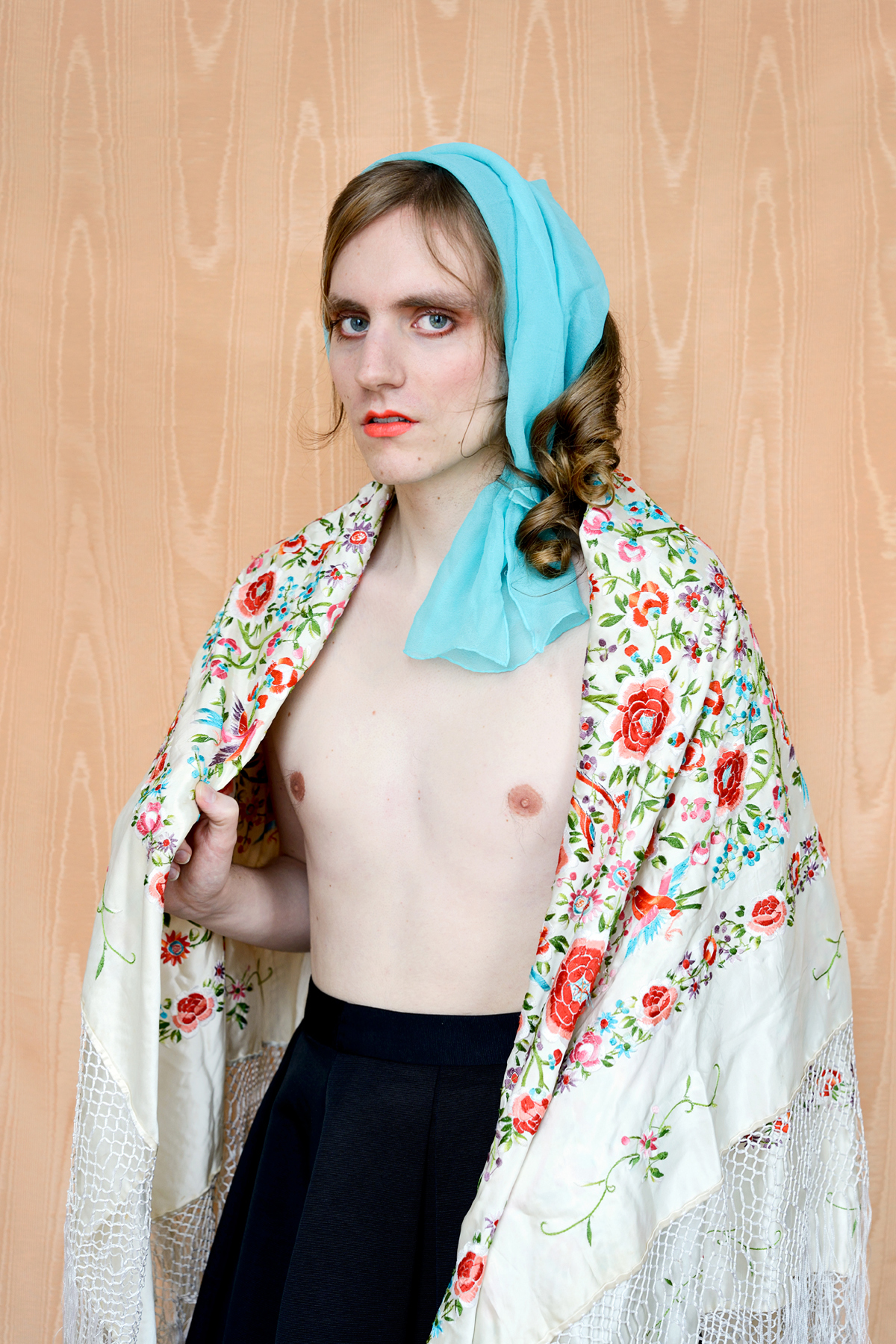Lissa Rivera is an artist based in Brooklyn, NY. Her work has received multiple grants and honors and has been exhibited nationally and internationally. Rivera’s publications include 25 Under 25 Up-and-Coming American Photographers (PowerHouse Books) and The Collector’s Guide to Emerging Art Photography (Humble Arts Foundation). She grew up near Rochester, New York, home of Eastman Kodak, where as a child she was exposed to the treasures at the Eastman Museum. She received her BFA from The Art Institute of Boston at Lesley University and MFA at the School of Visual Arts. Since working professionally in the collections at The Burns Archive and The Museum of the City of New York (where she now teaches), Rivera has been fascinated with the social history of photography and the evolution of identity in relationship to photographic technologies. Beautiful Boy, Rivera’s latest project, takes her interest in photography’s connection with identity to a personal level, focusing on her domestic partner as muse.

Object of Desire, Beautiful Boy, 2015

Venus, Beautiful Boy, 2015

Courtesan IV, Beautiful Boy, 2015
Beautiful Boy
Beautiful Boy is an ongoing project that began as a confession between two friends. On the subway one evening, my friend shared that he had worn women’s clothing almost exclusively in college, but after graduation struggled to navigate a world that seemed both newly accepting and yet inherently reviling of male displays of femininity. I thought that photography could provide a space for him to experiment with his identity outside of isolation.
Taking the first pictures was an emotional experience. I connected with my friend’s vulnerability. I wanted to make sure that the images were not a compromise for either of us, and we engaged in many discussions. Both of us have long, fraught relationships with femininity that have fundamentally shaped who we are. Our desires were matched. They had the desire to see themselves and I felt driven to capture their exploration. A part of my own identity that had defied expression also began to emerge. As time went on, we realized that we had unexpectedly fallen in love. He became my romantic partner and collaborator.

Eggleston’s Hair, Beautiful Boy, 2015

Poolside, Family Home, Beautiful Boy, 2015

Study in Red and Yellow, Beautiful Boy, 2015
I wanted to make images without shame, to show his femininity as strength. I wanted to feel empowered as well, to have an intimate muse (which is still rare for a female photographer). When taking the photos I felt the same as when viewing a film where a director and actress share a deep connection to the fantasy captured. Although our emotional relationship is private and real, we perform a romanticism that is obsessive and decadent. We connect to images, films and records of women that we idolize and consume together.
Collaging the visual language of the past, I tap into deep-seated narratives about gender, desire, freedom, and cultural taboo. The fantasy of dressing up transforms the act of being photographed into one that fuses identity creation with image creation. The camera transposes our private experiences into public expression.

Experiment with Gels, Beautiful Boy, 2015

All the Vogue, Beautiful Boy, 2015

Satyr, Beautiful Boy, 2015

Mirror with Jewels, Beautiful Boy, 2015

Portrait with Symbols, Beautiful Boy, 2015

Female Crossdresser, Beautiful Boy, 2015

Transition, Beautiful Boy, 2015

White Carpet Odalisque, Family Home, Beautiful Boy, 2015

My Swimsuit, Beautiful Boy, 2015
To see more of Lissa’s photographs, please visit her website.